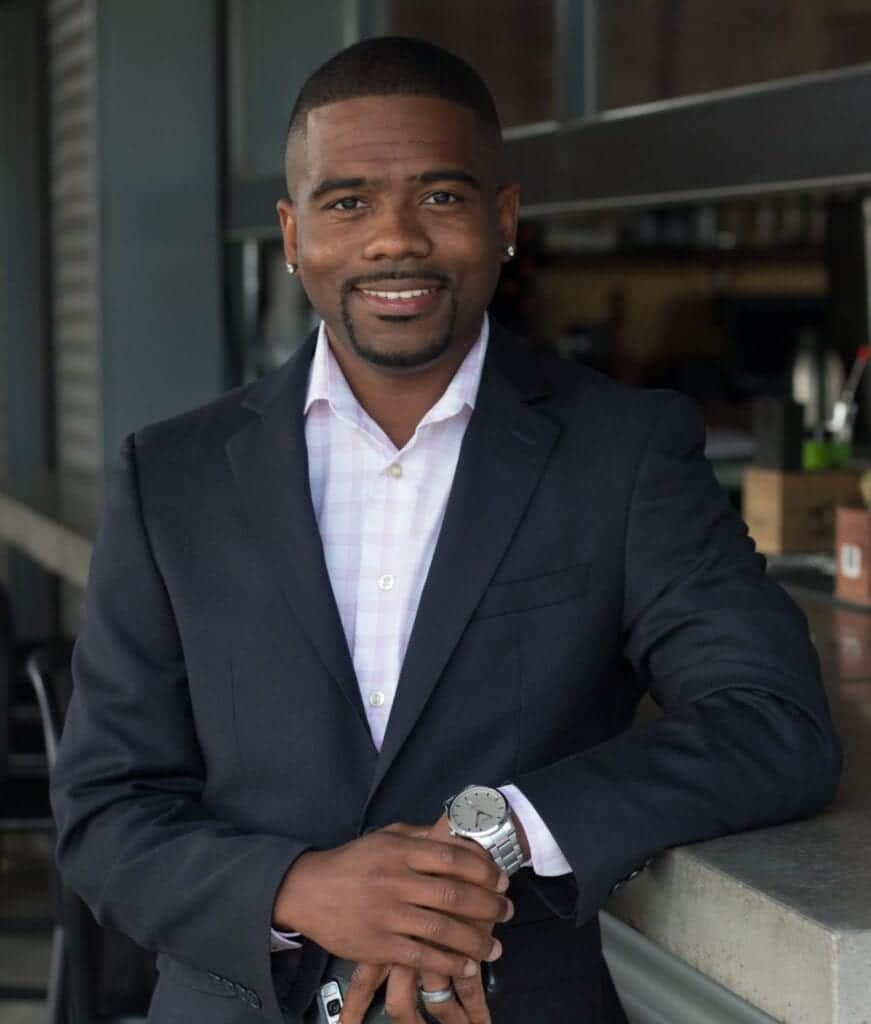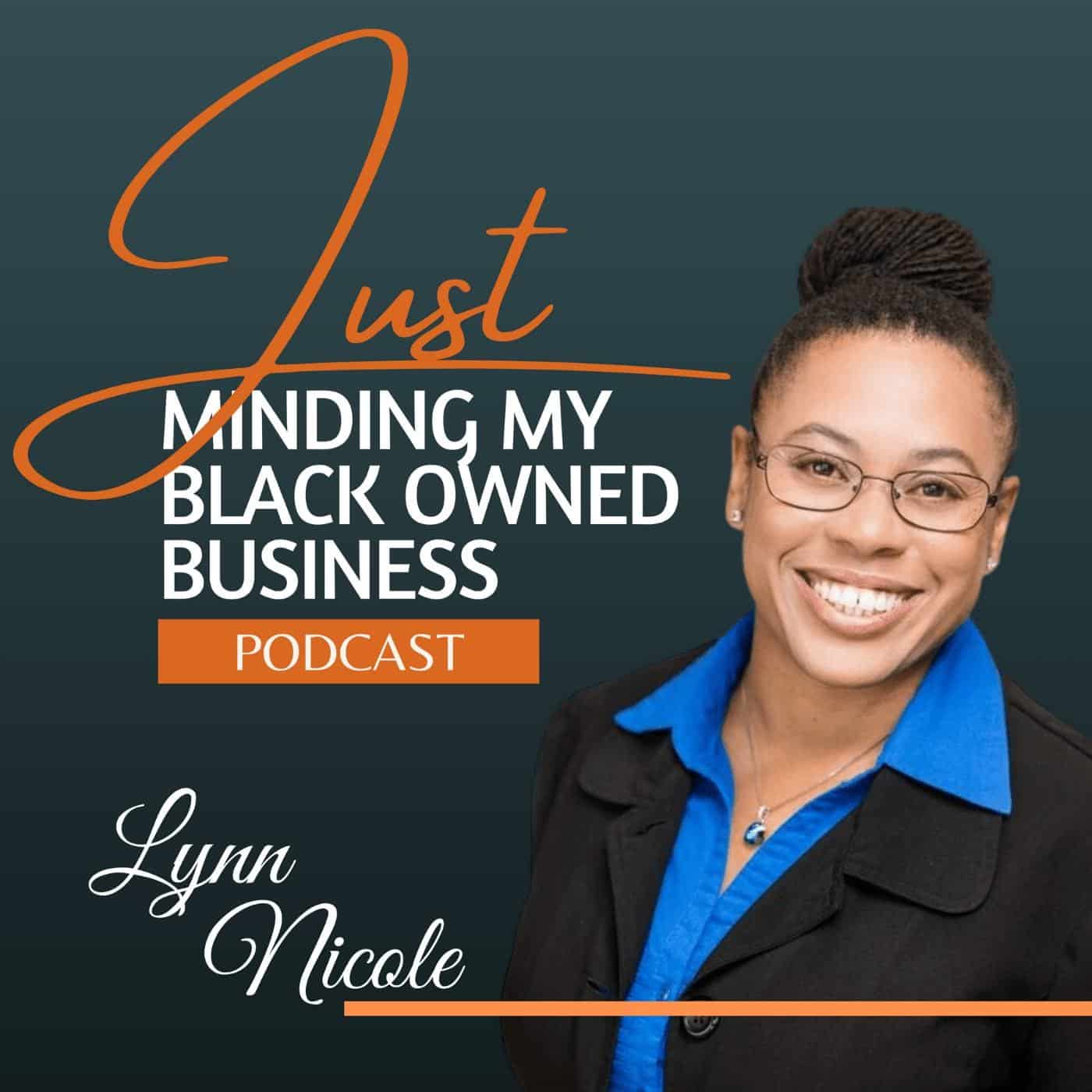Starting up a recovery home is like hitting two birds with one stone. You can build your financial freedom while helping people in recovery within your community get the second chance they deserve all at the same time.
Together with Bernard Jones and Georgia Giles-Jones, find out how you can build instant cash flow by starting, managing, and maintaining a recovery home that provides a safe, alcohol-free, and drug-free living environment.
Georgia and Bernard met in 2010 and they both grew up witnessing firsthand addiction and the negative impact it has on individuals, families, and communities. In 2015, their entrepreneurial spirit and passion for helping individuals looking for another chance at life inspired them to open a sober house.
Here’s What You Missed
The purpose of Recovery Homes
- “…people voluntarily, who’s in the recovery community that no longer wants to use drugs or alcohol, they’ll come to a place where they can live as a family, where it’s multiple people in the house, so they could support each other.” – Georgia (05:23)
- “The bonus thing is that we’re saving lives, where people are not using drugs and alcohol, people’s connecting with their families. So it’s the best of both worlds because we’re saving lives and we’re saving our lives and our family as well by becoming financially free.” – Georgia (07:43)
- “We know that the recovery journey, not using drugs and alcohol, sometimes it’s a bandaid for all the other things that they’re dealing with in this thing called life.” – Georgia (38:03)
How to open a Recovery Home
- “Every city and state is different.” – Georgia (08:40)
- “The first step is finding out, like with zoning, what are the requirements to get this four bedrooms to be able to have people, to be able to have more than four or five people?” – Georgia (09:10)
- “…contact that city to say, hey, what are the requirements? ‘Cause I’m going to have more than four people in my home.” – Georgia (22:28)
People in recovery move into Recovery Homes
- “This allows a person to be in a safe place, and then it’s something called aftercare treatment.” – Georgia (10:16)
- “They hold each other accountable, new bonds, new friendships, things like that. A lot of treatment centers, since it’s really important about that environment when they need treatment is so, so key that it kind of go hand in hand, that a lot of treatment centers have funding to help residents pay.” – Georgia (10:35)
Responsibilities in a Recovery Home
- “When we sublease the house, we’re the tenant.” – Georgia (15:37)
- “We’re responsible for our residents.” – Georgia (15:49)
- “The only time we really reach out to the landlords per se is this is like something major, like a roof leak or our air conditioners go out or something like that. But any of that minor stuff though, we handle everything on our own.” – Bernard (18:11)
- “Are you going to clean this today? Are you going to do this today? We’re not doing that. We’re not a program where we have to do that back and forth, and you’re here because we have to provide the service to you.” – Georgia (20:52)
Terms and Conditions of Recovery Homes
- “Being a recovery home operator, you kind of make your own rules around that. So people sometimes will charge sober deposit and you can pick that amount.” – Georgia (19:28)
- “It’s a month-to-month agreement. We have is not a lease, and our agreement is basically saying you pay your rent, your housing fee on the first, making sure of your curfew, go into treatment. If you don’t go to treatment, inform us.” – Georgia (19:56)
- “As a recovery home operator, you decide. You decide. Do you want someone who has a felony? Do you want to do background checks? Who do you want to accept into your house? So you do your own screening process and intake what does that look like.” – Georgia (29:31)
Quotes and Advice from our host and guests:
- “One thing that we want to bring light to is that everybody in recovery, like the perception that we think, is they just come in there, they gonna tear up everything, they don’t have any home training and things like that. But that’s far from the truth.” – Bernard (14:44)
- “It’s good that people want to make a difference and change their lives.” – Georgia (23:51)
- “It’s not for us to determine what kind of person you are. So we try not to focus on who they were before they came into our house, just the behavior when you’re in our house.” – Georgia (31:12)
- “You might’ve made a mistake three, four years ago, but that doesn’t mean the same person today.” – Bernard (31:53)
- “You have an opportunity to not only have income but really a lot of impact because a lot of people need a second chance and that doesn’t matter where you are.” – Casanova (33:43)
- “We don’t provide services, but we do have resources.” – Georgia (38:28)
- “…don’t worry about the process that it’s going to take, just go do it though. When everything starts, after that, then I know everything will fall into place though.” – Bernard (39:55)
- “A failure is a part of anything that you’re going to do. And when you fail, it’s way better than winning anyone ’cause you going to know what you gotta do to be better next time.” – Bernard (40:20)
- “If I can do it for you, I can do it for myself.” – Georgia
Books, Mentions, and Links:
Bernard and Georgia Jones







